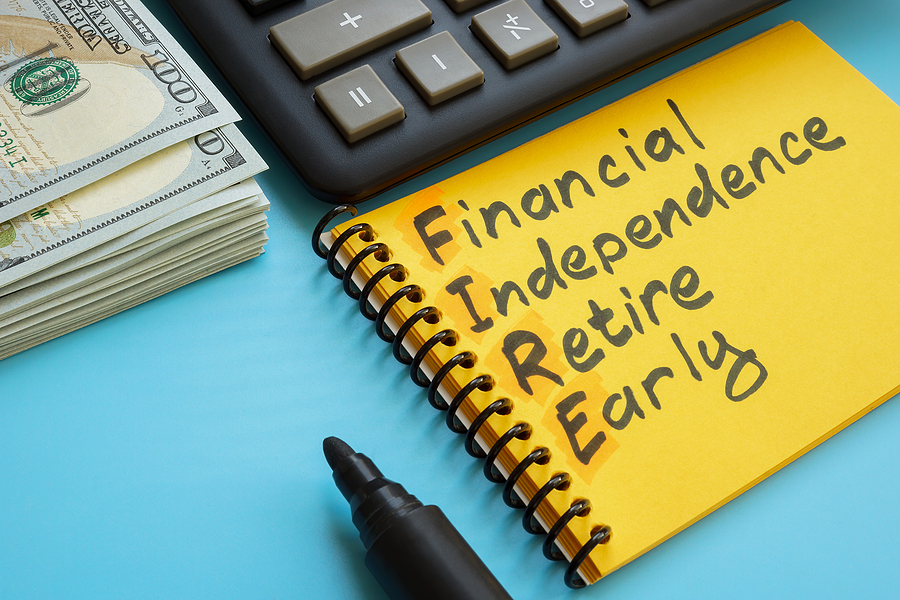In the world of personal finance, early retirement is often painted as the ultimate achievement – the reward for years of careful planning, disciplined saving, and astute investing. If the idea of stepping away from the 9-to-5 grind earlier than the traditional retirement age appeals to you, the journey requires a strategic plan and thoughtful preparation.
Here are some essential tips and guidance to help you realize your early retirement dreams.
Establish Your Retirement Goals
Before you start, get clear on what early retirement looks like for you. Do you envision traveling the world, launching a passion project, or spending more time with family? Define your retirement lifestyle, as this will impact your financial needs. Remember to factor in expenses such as healthcare, which could become more significant as you age.
Calculate Your Retirement Number
Next, calculate how much money you’ll need to retire comfortably. This figure, known as your retirement number, should be enough to cover your projected expenses for the rest of your life. Many financial advisors recommend using the 4% rule (or a more conservative 3.5% considering longer retirement periods), which suggests that you should have a nest egg large enough that you can withdraw 4% in the first year of retirement, then adjust this amount for inflation each subsequent year.
Maximize Your Savings
To reach your retirement number faster, prioritize saving and investing. Take full advantage of tax-advantaged retirement accounts such as 401(k)s, Roth IRAs, and traditional IRAs. If possible, aim to max out your contributions to these accounts each year. Consider adopting a more frugal lifestyle to further increase your savings rate.
Diversify Your Investments
Investing is a powerful tool to grow your wealth faster and reach your early retirement goals. Rather than sticking to one investment type, diversify across stocks, bonds, mutual funds, real estate, and others. This diversification not only spreads risk but also increases the potential for higher returns.
Develop Passive Income Streams
Passive income – earnings that require little to no effort to maintain – can be a game-changer for early retirees. This might come from rental properties, dividends from investments, royalties from a book, or a side business. Not only can these income streams supplement your retirement savings, but they can also offer financial security if market conditions change.
Plan for Healthcare Costs
One of the biggest challenges early retirees face is covering healthcare costs before becoming eligible for Medicare at age 65. Look into options like a Health Savings Account (HSA), securing private insurance, or joining a health-sharing plan. Remember to factor these costs into your retirement number.
Consider Semi-Retirement
If leaving the workforce entirely seems daunting or financially challenging, consider semi-retirement. You could work part-time or seasonally, consult in your field, or start a small business related to a hobby or passion. This can provide income, keep you active, and help ease the transition into full retirement.
Consult a Financial Advisor
Given the long-term implications and complexity of planning for early retirement, it may be beneficial to work with a financial advisor. They can provide personalized advice based on your unique circumstances and help you navigate tax laws, investment strategies, and withdrawal plans.
Early retirement is an achievable goal, but it doesn’t happen by accident. It requires a clear vision, careful planning, and financial discipline. Start today, and remember that every step you take brings you closer to the freedom and fulfillment that early retirement can offer.


Related Posts :
Why You Need to Prioritize Retirement Savings, Even as a BeginnerHow to Reach Your Retirement Savings Goals in 2022